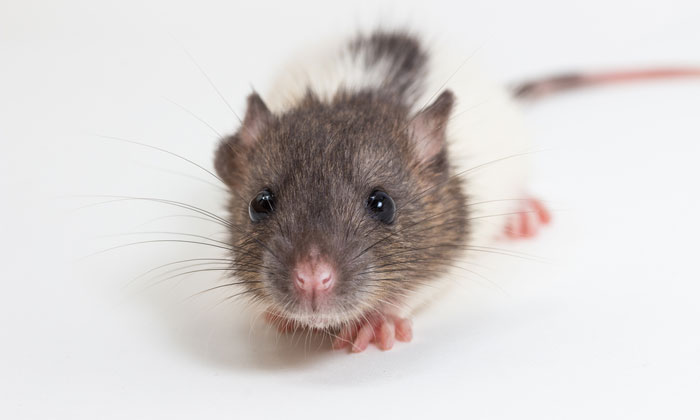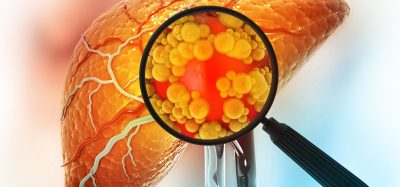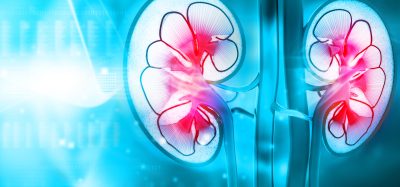Envigo expands R&D capabilities in non-animal technologies
Posted: 17 March 2017 | Niamh Marriott (Drug Target Review) | No comments yet
Envigo is helping to define the non-animal technologies regulatory environment, with its scientists currently sitting on OECD expert working groups…


Envigo will develop and internally validate five to seven ion channel in vitro tests for measuring cardiac risk potential – ahead of the Comprehensive In Vitro Proarrhythmia Assay (CiPA) recommendations expected at the end of this year.
These assays will form an integrated suite of tests that include the company’s existing hERG (Human Ether-à-go-go-Related Gene) assay.
Pipeline
From 2018 onwards, Envigo expects to create between 5 and 10 new in vitro and in silico tests on average per year. This demand for such tests is fuelled by changing regulatory environments as well as technological and scientific advancements that are making robust in vitro tests possible.
Biomarkers aren’t just supporting drug discovery – they’re driving it
FREE market report
From smarter trials to faster insights, this report unpacks the science, strategy and real-world impact behind the next generation of precision therapies.
What you’ll unlock:
- How biomarkers are guiding dose selection and early efficacy decisions in complex trials
- Why multi-omics, liquid biopsy and digital tools are redefining the discovery process
- What makes lab data regulatory-ready and why alignment matters from day one
Explore how biomarkers are shaping early drug development
Access the full report – it’s free!
The range of Envigo’s current non-animal technology assays that comply with OECD regulatory guidelines span the fields of genetic toxicology, electrophysiology, metabolism, endocrine disruption, skin sensitisation, skin and eye irritation, genomics and gene expression. These tests often form an essential part of integrated approaches for testing and assessment (IATA).
Non-animal technologies
Envigo is also helping to define the non-animal technologies’ regulatory environment, with its scientists currently sitting on various OECD expert working groups. For example, Envigo is represented on OECD local tolerance groups focused on skin and eye irritation tests, technical groups that advise on the development and revision of in vitro test guidelines and guidance documents, as well as the International Council on Harmonisation of Technical Requirements for the Registration of Pharmaceuticals for Human Use (ICH) group.
Moreover, the company has by invitation submitted published validation data directly to the OECD and to the European Centre for the Validation of Alternative Methods (ECVAM).
Brian Burlinson, Principal Scientist and Vice President of Safety Assessment, CRS Europe, at Envigo remarked: “There has been an exponential growth in the use of non-animal technologies in pharmaceutical and chemical safety assessment. Envigo’s goal is to be the go to non-clinical research organisation for in vitro testing and safety development.
Longer term, we are looking to internally develop new tests and or to create them in collaboration with select partners for use across a range of pharmaceutical, agro-chemical and chemical products.”








